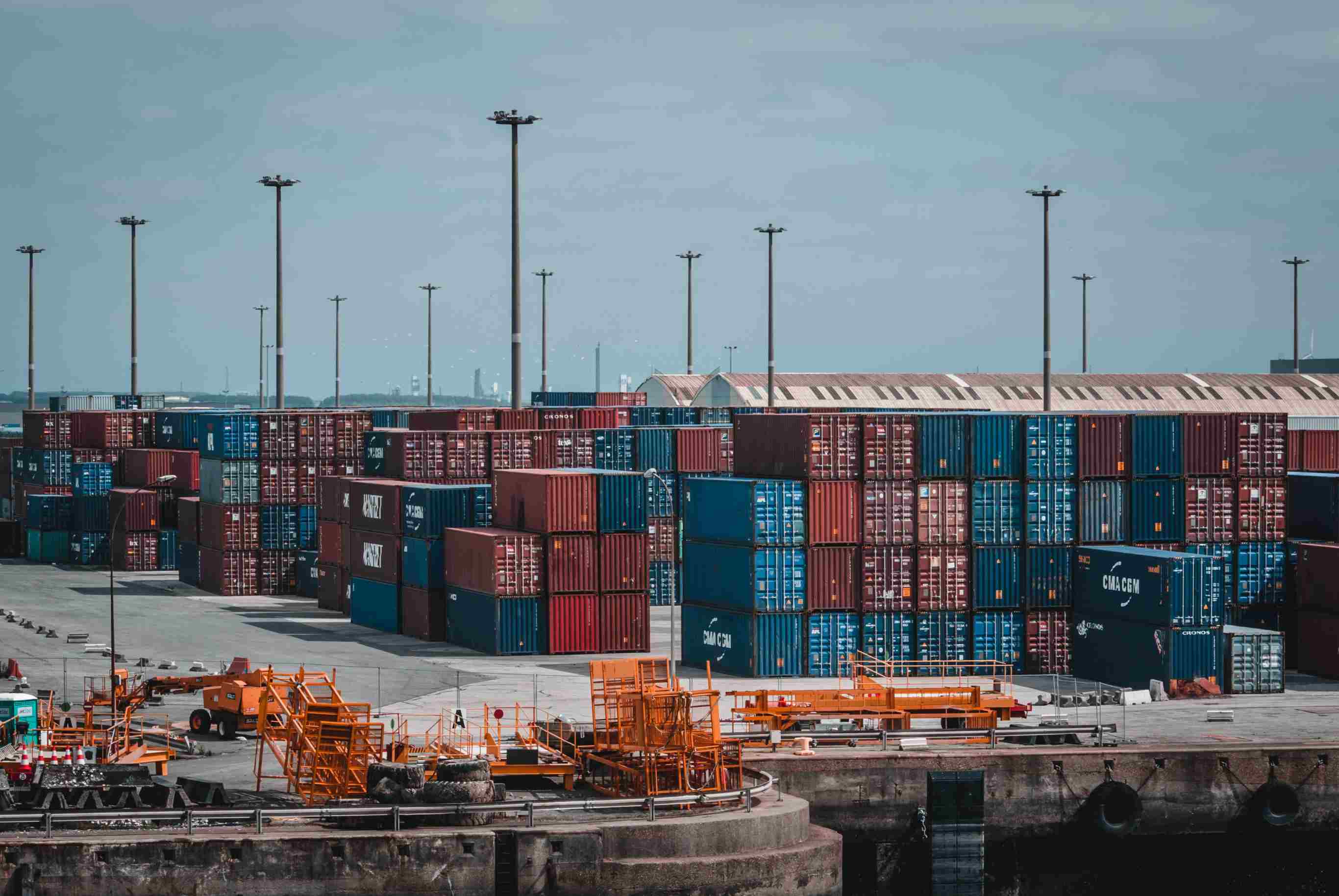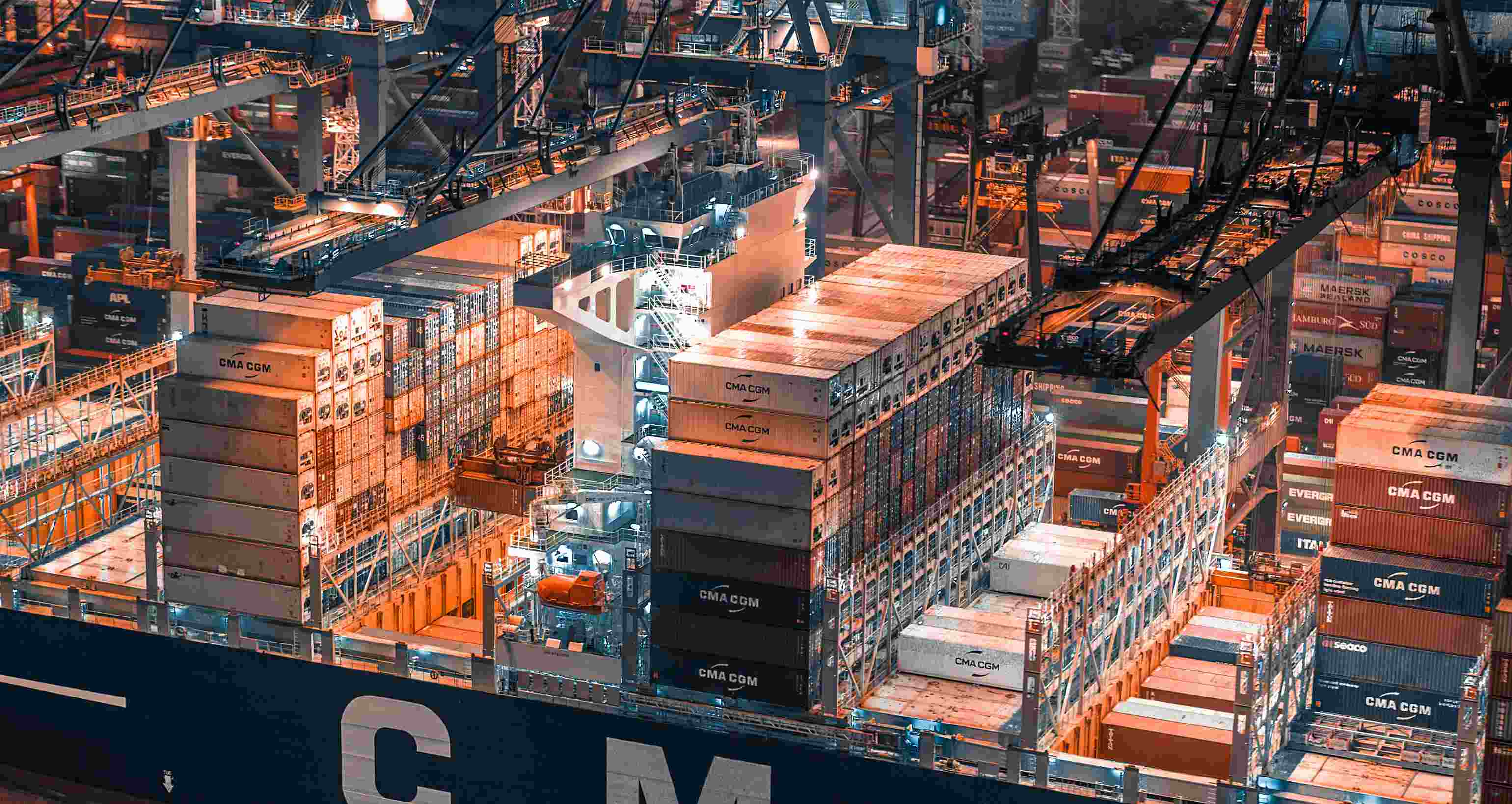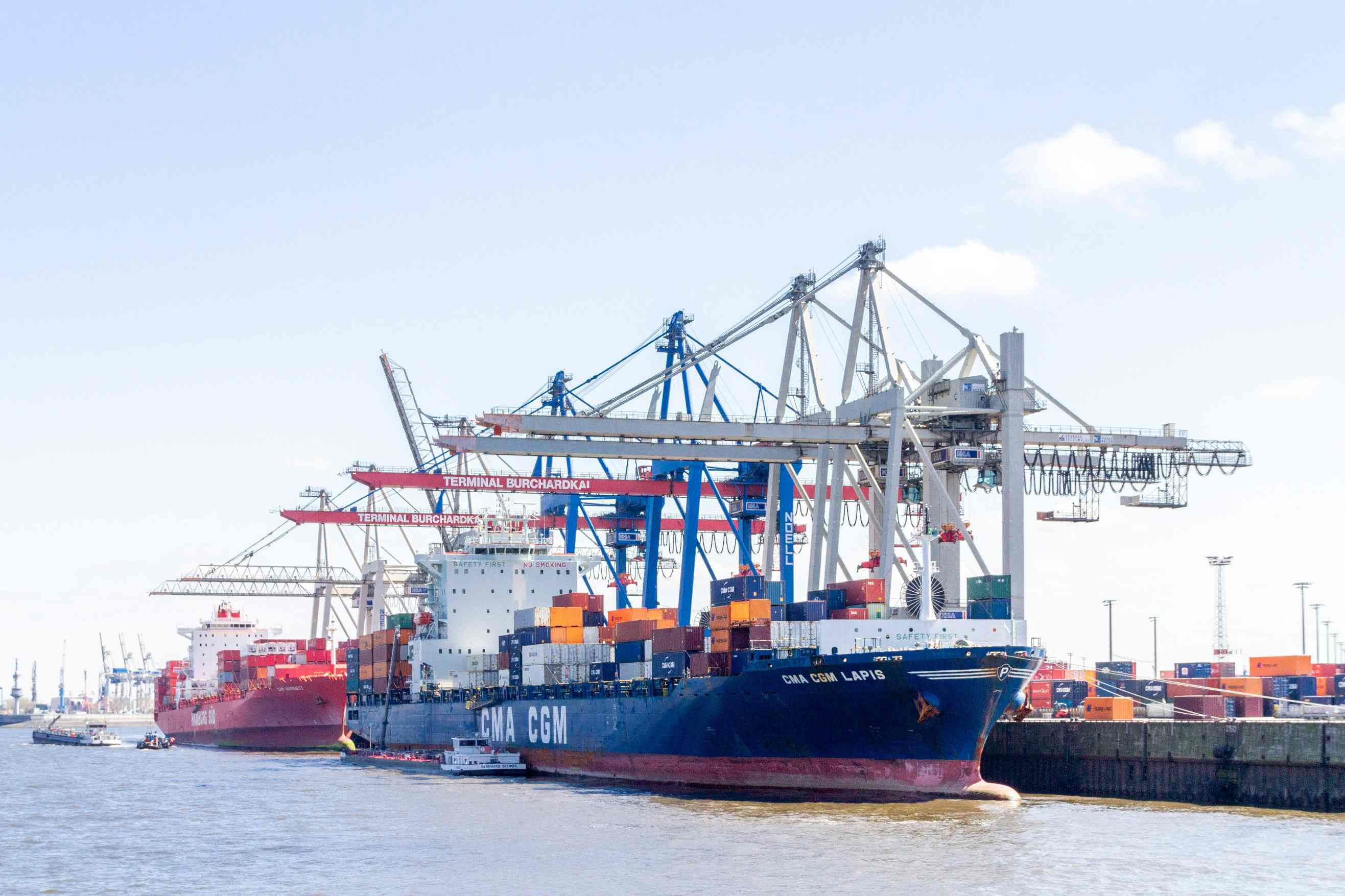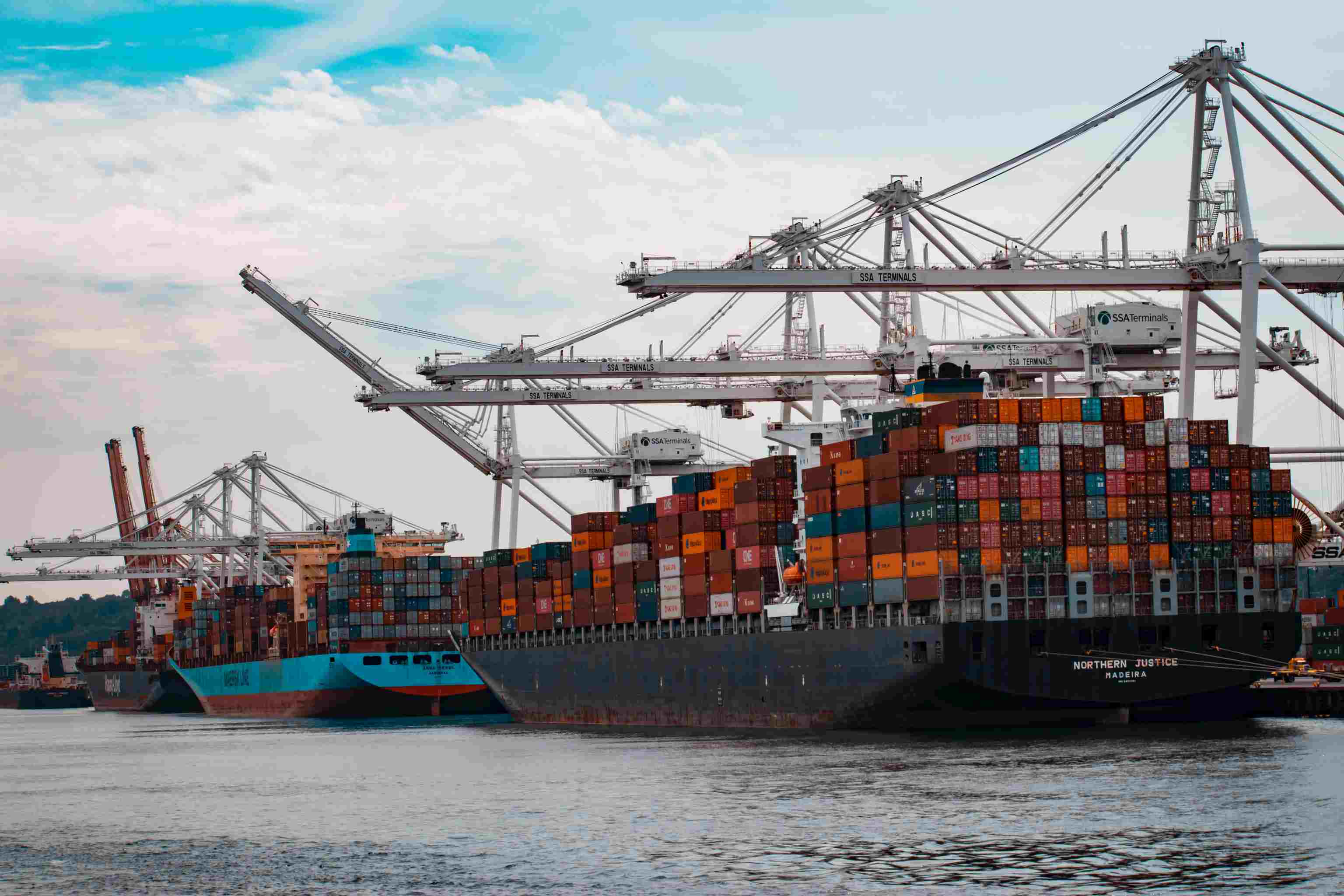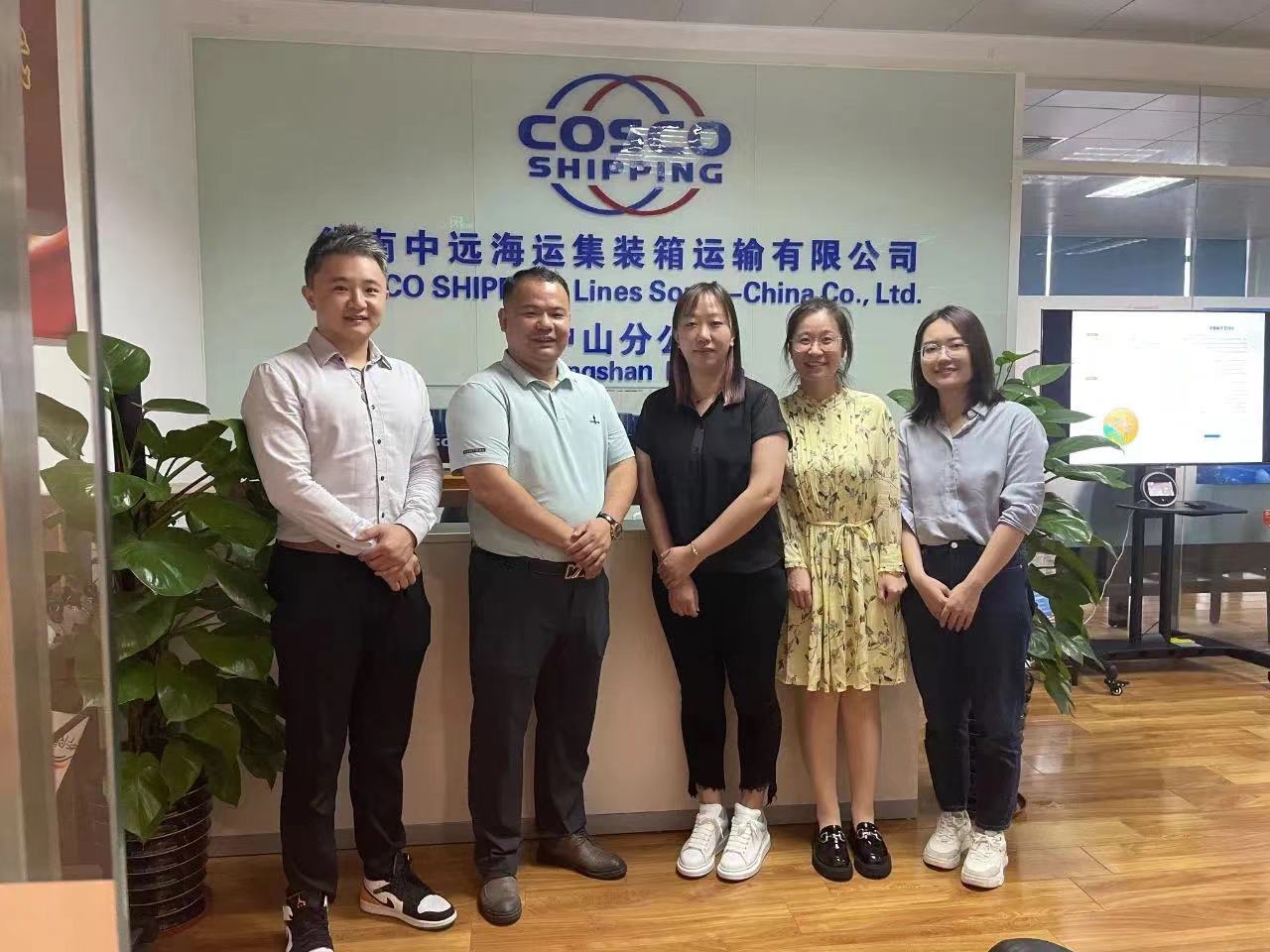Shipping to China by Sea: A Comprehensive Guide
Why Choose Sea Freight for Shipping to China?
Sea freight is an excellent choice for businesses shipping large volumes of goods to China. Compared to air freight, sea freight is significantly more cost-effective, making it an attractive option for companies looking to minimize transportation costs. Additionally, shipping by sea is considered more environmentally friendly than air freight, as it generates lower carbon emissions per ton of cargo transported.Another advantage of sea freight is its versatility. Ships can accommodate a wide range of goods, from raw materials and machinery to consumer products and vehicles. This flexibility allows businesses to ship diverse cargo types without the need for specialized aircraft.
Factors Affecting Sea Freight Rates to China
Several factors influence the cost of shipping to China by sea. Distance and route play a significant role, with longer distances and less frequented routes often resulting in higher freight rates. The size and type of container also impact the overall cost, with larger containers generally offering better value for money.Seasonality and market demand are other crucial factors to consider. Shipping rates may fluctuate based on peak seasons, such as the lead-up to major holidays or the start of a new fashion season. Fuel costs also contribute to the overall expense, as carriers often implement Bunker Adjustment Factor (BAF) surcharges to account for fluctuations in fuel prices.
FCL vs LCL: Choosing the Right Shipping Method
When shipping to China by sea, businesses have two main options: Full Container Load (FCL) and Less than Container Load (LCL). FCL shipping involves booking an entire container for your goods, regardless of whether the container is full. This method is ideal for larger shipments or when you require a dedicated container for your cargo.On the other hand, LCL shipping involves sharing a container with other shippers. Your goods are consolidated with other cargo headed to the same destination, and you only pay for the space your shipment occupies within the container. LCL is a more cost-effective option for smaller shipments or when you don't have enough cargo to fill an entire container.
When deciding between FCL and LCL, consider factors such as shipment size, urgency, and the potential for damage or contamination from other cargo. A reliable freight forwarder can help you assess your specific needs and recommend the most suitable shipping method.
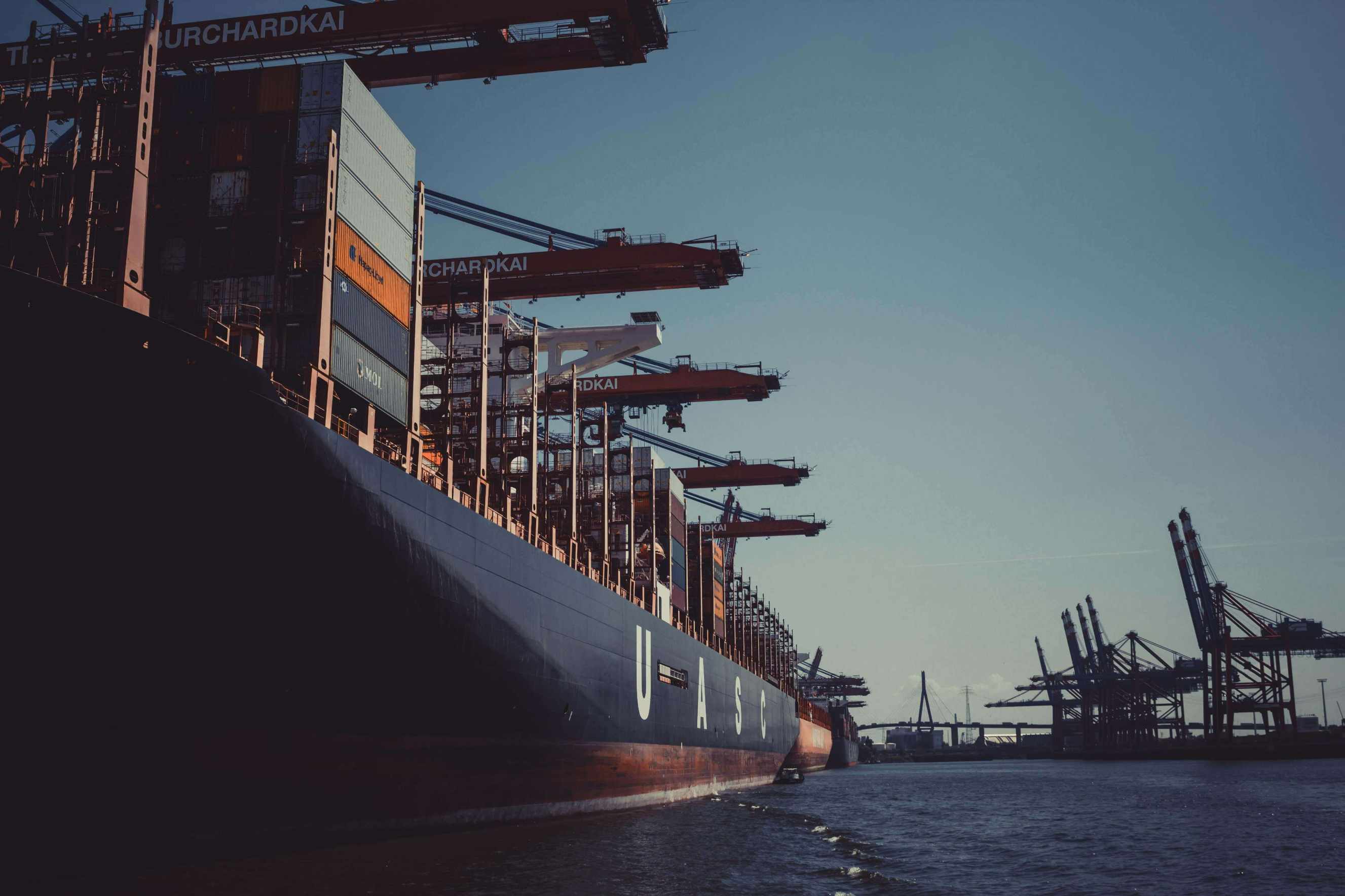
Essential Documents for Shipping to China by Sea
To ensure smooth customs clearance and avoid delays, it's crucial to prepare the necessary documentation for your shipment. The following documents are typically required when shipping to China by sea:Commercial Invoice: A detailed list of the goods being shipped, including their value, quantity, and description.
Packing List: A document detailing the contents of each package, including weights and dimensions.
Bill of Lading (BOL): A legal document serving as a contract between the shipper and the carrier, specifying the goods being transported and the terms of delivery.
Certificate of Origin (COO): A document certifying the country of origin for the goods being shipped, which may be required for certain products or to qualify for preferential tariff treatment under trade agreements.
Other documents may be required depending on the nature of your goods, such as licenses, permits, or safety certificates. Your freight forwarder can advise you on the specific documentation needed for your shipment.
Navigating Chinese Customs Regulations
Understanding and complying with Chinese customs regulations is essential for a smooth import process. China follows the Harmonized System (HS) for classifying goods, and accurate product classification is crucial for determining applicable duties and taxes.Importers must also be aware of any restrictions or prohibitions on specific products and ensure that their goods meet relevant Chinese standards and labeling requirements. Failure to comply with these regulations can result in delays, fines, or even the seizure of your goods.
Partnering with a knowledgeable freight forwarder experienced in shipping to China can help you navigate the complexities of Chinese customs procedures. They can assist with product classification, advise on required documents, and help you stay compliant with the latest regulations.
In conclusion, shipping to China by sea offers a cost-effective and efficient solution for businesses looking to import goods. By understanding the factors affecting freight rates, choosing the appropriate shipping method, preparing essential documents, and navigating Chinese customs regulations, you can streamline your supply chain and ensure the successful delivery of your cargo.
